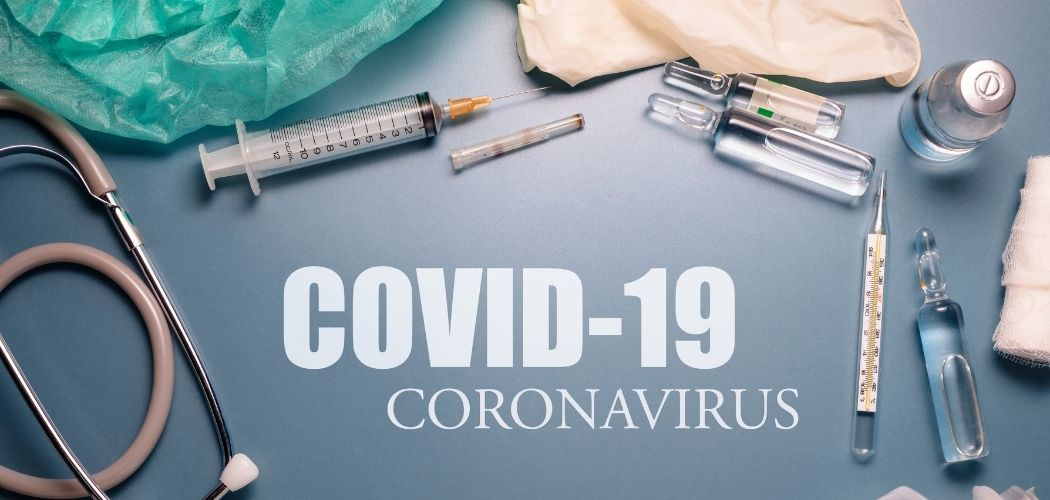COVID-19 has caused havoc across the world since its outbreak. We all have been witness to its atrocities. The key to overcoming the infection is getting tested and getting ahead with the treatment. The first step is the diagnosis, and it’s the most crucial one. So here, we list the types of tests for COVID-19 and how to get them done.
RT-PCR
- The most conventional molecular test is the reverse transcription-polymerase chain reaction (RT-PCR), sometimes referred to as PCR.
- PCR and molecular tests scan for the virus's genetic information in a specimen, often obtained by swabbing your nose and/or throat. The most reliable approach to diagnosing COVID-19 is to use molecular tests examined in research laboratories.
- The goal is to see if an individual is infected with the SARS-CoV-2 coronavirus. The assessment can be used for various purposes, including evaluation, screening, and analysis.
- A laboratory-based molecular test is sometimes used to corroborate the results of another testing. After a rapid test, at-home test, or COVID-19 antigen test, a follow-up PCR evaluated by a laboratory may be employed.
When and how to get the COVID-19 test done?
If individuals experience COVID-19 symptoms, they should see a doctor immediately, and if they are severe, one should go to the hospital or contact a government helpline. A doctor can order diagnostic molecular testing if you have symptoms. If you receive a positive result from a rapid test, antigen test, or at-home test, you should consult your doctor, who may opt to confirm the result with a PCR or molecular test.
It would be helpful if you got tested in the following circumstances.
- You've had a direct link with someone who has been diagnosed with COVID-19.
- You've been in settings where viral transmission is a high threat, such as traveling or being a part of huge crowds.
- You happen to live or work in a setting where there is a high risk of viral propagation or severe instances of COVID-19, such as a correctional institution, nursing home, or homeless shelter.
- A medical operation, such as surgery or a process that creates microscopic air particles known as aerosols, will be performed on you.
- You're commencing using an immune system suppressant medicine.
- Your company requires you to show a negative test result in order to enter or participate in another activity.
PCR and other molecular testing are generally accepted to be the most efficient tests for determining COVID-19. However, it should be noted that no test is 100 percent accurate.
PCR/Molecular tests vs. Antigen test vs. Antibody test
- Both PCR and antigen tests can identify an active SARS-CoV-2 infection, although they do so in somewhat distinct manners.
- The aims of PCR and antibody testing are clearly different. A PCR detects an ongoing viral infection, whereas an antibody test detects indications of a previous infection.
PCR tests are more trustworthy than antigen testing overall, and in certain situations, a PCR is performed to validate the outcome of an antigen test. In these trying times, one should always be vigilant and take necessary precautions to wade off the disease and its morbid implications. Even at the onset of the slightest symptoms, isolate yourself and get tested. It’s better to be safe than sorry.



 Login/Sign Up
Login/Sign Up





